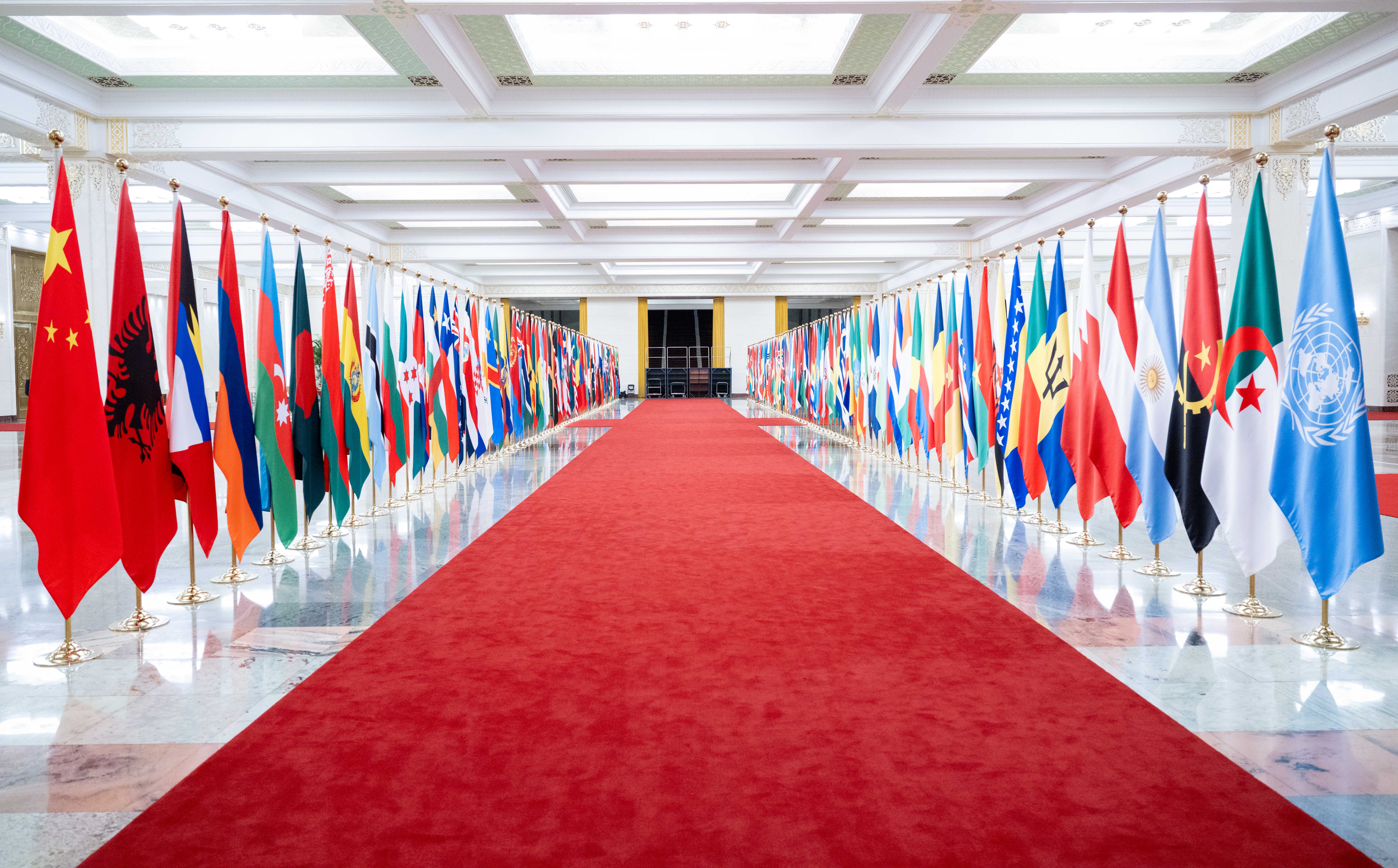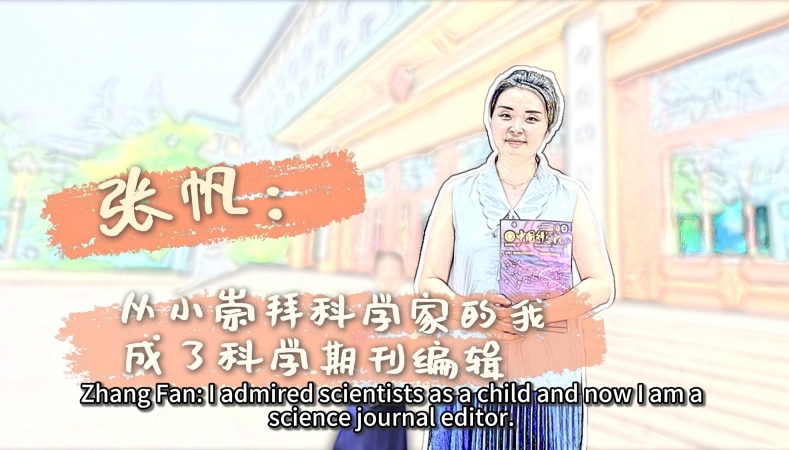BRI: Opportunities for All
By LI Linxu
Addressing the opening ceremony of the third Belt and Road Forum for International Cooperation, Chinese President Xi Jinping delivered a keynote speech on October 18, calling for ushering Belt and Road cooperation into a new stage of high-quality development, and making relentless efforts to achieve modernization for all countries.
Global modernization should be pursued to enhance peaceful development and mutually beneficial cooperation and bring prosperity to all, said Xi, proposing that China will take eight major steps to support high-quality Belt and Road cooperation, namely, building a multidimensional belt and road connectivity network, supporting an open world economy, carrying out practical cooperation to support high-quality Belt and Road construction, promoting green development, advancing scientific and technological innovation, supporting people-to-people exchanges, promoting integrity-based Belt and Road cooperation, and strengthening institutional building for international Belt and Road cooperation.
China will continue to implement the Belt and Road Science, Technology and Innovation Cooperation Action Plan, and hold the first Belt and Road Conference on Science and Technology Exchange, noted Xi.
The country will also increase the number of joint laboratories built with other Belt and Road parties to 100 in the next five years, and support young scientists from other countries to work on short-term programs in China, he said.

This photo shows flags of China, the UN and BRI partners. (PHOTO: XINHUA)
Under the Belt and Road Initiative (BRI), more than 3,000 cooperation projects were agreed on and up to one trillion dollars of investment was mobilized, according to official statistics.
"I'm a fan of BRI and honored to attend such a historic event," said Velia Govaere, former vice minister of economy, industry and commerce of Costa Rica, to Science and Technology Daily, adding that Costa Rica joined BRI in 2018, and the cooperation with China has been increasingly closer in various fields since then.
The BRI brings cooperations, partnerships and friendships, said Didier Parakian, member of the French National Assembly, to S&T Daily, adding that French has sent a delegation of about 100 people from various sectors to the forum. Next year will mark the 60th anniversary of the establishment of diplomatic relations between China and France, and France is looking forward to more win-win cooperations in such fields as business, technology, and ecology.
The BRI will win more friends and bring more benefits to people, Mohammad A. Abunayyan, chairman of ACWA Power from Saudi Arabia, said to S&T Daily, noting that his company signed five agreements at the CEO conference and is eyeing to expand cooperation with China.
Aidan Heavey, chairman of Eurasia Fund, told S&T Daily that he loves the win-win cooperations promoted by BRI, which connects people and companies around the world, creating tremendous business opportunities.
The BRI also connotes opportunities for small businesses of partner countries. Anton Mirzoyan, a delegate from Russia, is one of such small business owners. Thanks to the opportunities provided by BRI, he launched his import and export business in Beijing, and is looking forward to deepening cooperations with his Chinese counterparts.
The BRI is a visionary initiative, Nat Hutanuwatr, delegate from a Thailand wind power company, said to S&T Daily that there are great opportunities for Thailand businesses under BRI in the fields of infrastructure, renewable energy, and tech cooperation.
Under the theme of "High-quality Belt and Road Cooperation: Together for Common Development and Prosperity," the forum hosted a series of activities and produced substantial outcomes, both in the forms of cooperation documents, initiatives and mechanisms, and in terms of projects, funds and measures.
Apart from the opening ceremony, three high-level forums were held simultaneously for in-depth discussions on connectivity, green development and the digital economy, and six thematic forums were conducted in parallel under the topics of trade connectivity, people-to-people bonds, think tank exchanges, clean silk road, subnational cooperation, and maritime cooperation.


